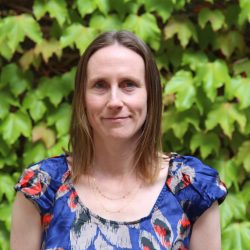Mapping intersections of gender and place-based responses to summer heat vulnerability.
This project explores the experiences of families with young children in Melbourne’s northern suburbs during summer to inform a place-based, gender and culture in.
Extreme heat events are likely to become more frequent and more severe with climate change, with young children and minority groups more vulnerable to heat related illness. Low-income migrant and culturally, linguistically diverse women and children may be particularly impacted by gender blind behavioural ‘keep cool’ advice that treats heatwaves as short-term events and overlooks home-bound and time sensitive routines of families.
Local councils play a role in joining with community partners, such as maternal child health and housing organisations, to deliver more family-sensitive heat health responses. Through research with community members and local stakeholders, this research will shed light on how families navigate summer heat, and the supports needed to ensure opportunities for shelter and climate adaptation.
This project is seed funded by the Lord Mayor’s Charitable Foundation Melbourne (LMCF) and carried out in collaboration with Merri-bek City Council and Sweltering Cities.
Lead Investigator: Dr Sarah Robertson





